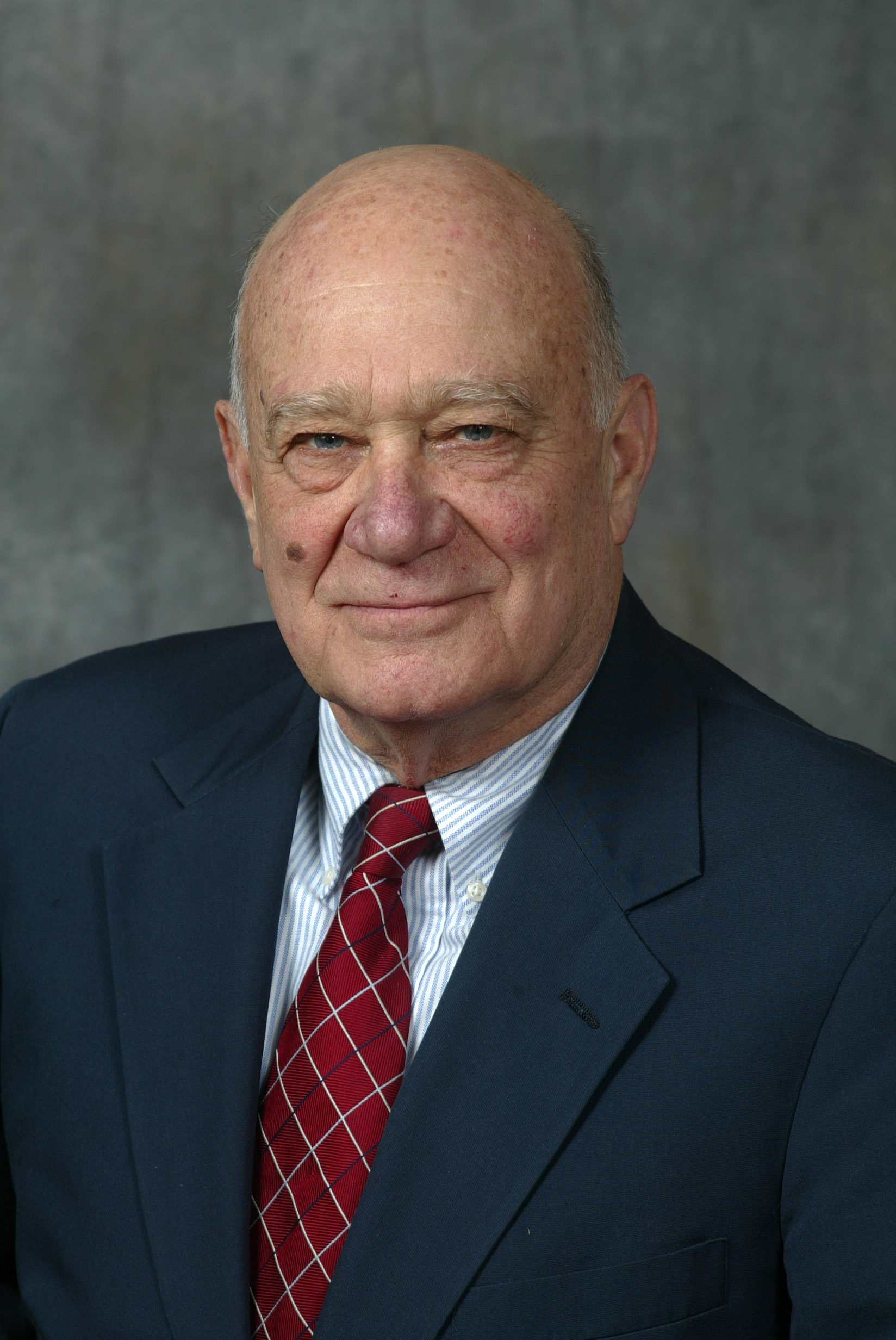Zip codes matter in American society.
They are used for marketing and for politics. They also indicate aspects of wealth and status, often affecting education — and even marriage arrangements.
However, there is a major area of our society where one’s zip code is irrelevant. In athletics, especially as one seeks the highest levels of collegiate or professional involvement, it’s what you do that counts.
Your heritage or where your parents live, or their income or professions don’t matter.
Entertainment is another area where talent can trump social standing (but I believe that connections there play a larger role in gaining opportunities and advancement than they do in sports).
Throughout American history young men with skills have advanced more quickly and dramatically toward wealth and celebrity in sports than other endeavors, regardless of their ethnicity,
After all, how many males do you know who are capable of successfully hitting a “round” ball with a round bat three out of every ten attempts? (That is Hall of Fame territory.)
A guy playing shortstop who cannot go to his right to field grounders will not make the team.
The beauty of sports, as the late columnist James Reston frequently emphasized, is that everything takes place in an open arena, in full view of all observers.
The talented and the inept are quickly observed.
Consequently ethnic men, from families of modest means, who have little prospect of higher education and of the rewarding careers that go with advanced schooling, learn early on that the escalator to wealth and fame can be in athletic arenas.
I refer here to men (mindful of Dylan’s admonition that “the times they are a changin’”) because for most of American history our sports have been a masculinity “right” and a masculinity “rite.”
Males expected to compete, and they also bonded in ritual discussions of teams, statistics and memories of games.
Well into the 1970s females had fewer coaches, facilities or encouragement; they were even required to play six-person basketball because of a concern that running the full court would be too exhausting for the more delicate frames of females.
Anyone who watches women racing the court now wonders how that view of low and controlled female energy was sustained for so long (in part, because “ladies” were not expected to sweat; men usually made the rules).
Despite significant advances for female athletes, they still lag far behind men in wealth and celebrity.
Ethnic males, on the other hand, especially those who were immigrants or the children of immigrants quickly emerged, not only as “fans” (short for “fanatics”), but, especially, as was noted throughout Italian neighborhoods, as “sports crazy.”
Of course, that striving for athletic prowess crossed many ethnic and racial lines, with similarities of aspirations and experiences.
Today, I want to begin with the group I know best — those of Italian heritage.
What was felt instinctively in our ghetto (as well as others) was that if you could excel in the game, you could transcend zip code stereotypes.
Lacking paths to higher education and remunerative careers — young ethnic men recognized that physicality and skill could bring recognition, celebrity and wealth.
Italians, like other ethnics, saw that the fastest sports path forward was boxing. It was just you against another person and if you had the strength and skills, you could advance swiftly.
Early ethnic champions were Irish (John L. Sullivan) and Jewish (Benny Leonard); racial prejudices long continued as a disturbing feature of sports and all American society.
In boxing, Rocky Marciano was the only heavyweight champion of his era to retire undefeated, with 49 wins (43 by knockouts).
His contemporary, Bruno Sammartino, held the world wrestling championship for a record number of years. Bruno came to the U.S. as a frail immigrant teenager.
Then he practiced “Dynamic Tension” body-building created by a man named Charles Atlas (Bruno did not know that Atlas had changed his birth name from Angelo Siciliano).
There are scores of famous Italian in sports whose ethnicity was not recognized because they changed their names (why they did that and with what consequences is a topic for further exploration).
Among my favorite “hidden” ethnics was the football coach at my Columbia alma mater. Lou Little was often celebrated, but few knew that his birth name was Luigi Piccolo.
The great boxer, Willie Pep, was well named, even though he relinquished Guglielmo Papaleo.
Many of these ethnics, listed in The Italian-American Sports Hall of Fame, earned big money and gained celebrity.
They surely boosted the morale of Italian-American males who cheered them and identified with them
But did money and celebrity from sports also bring respect and status to ethnic athletes and to their supporters?
[To be continued]



